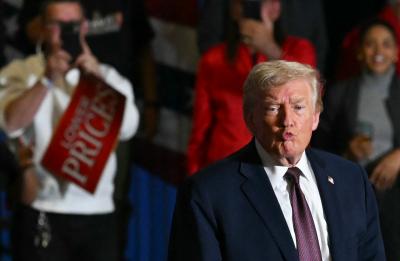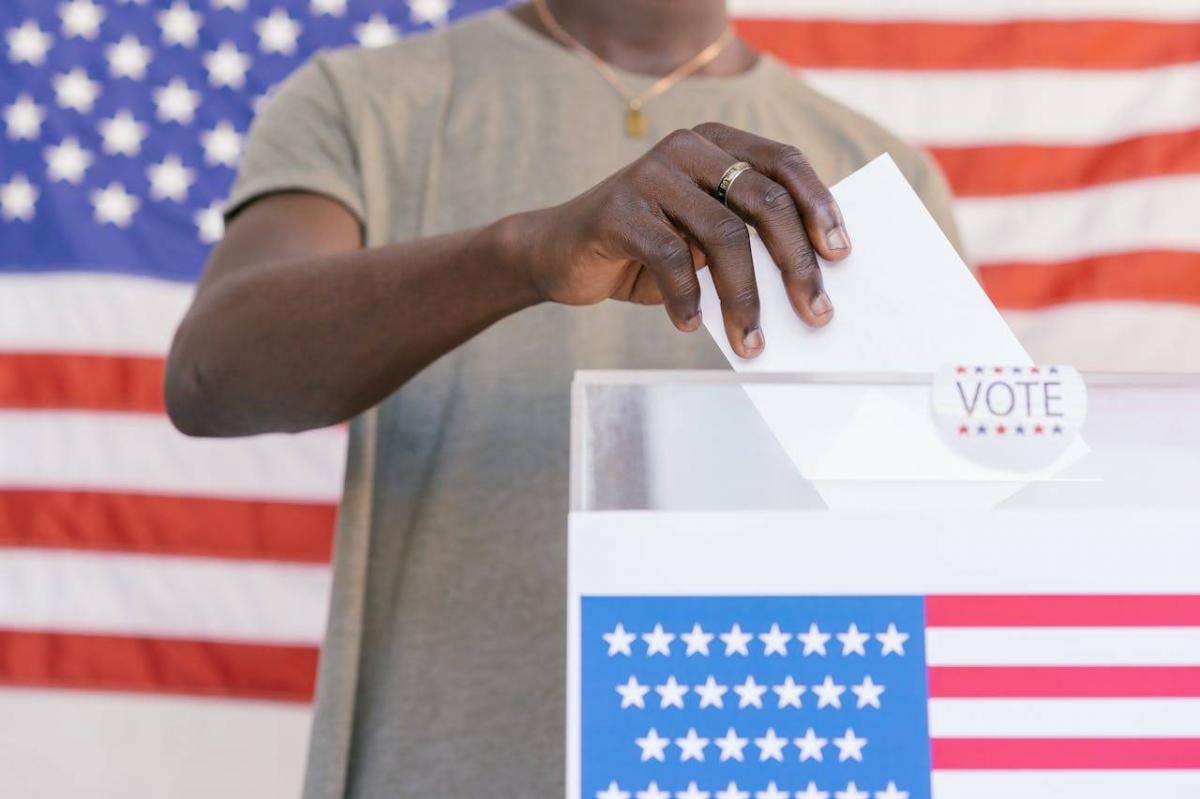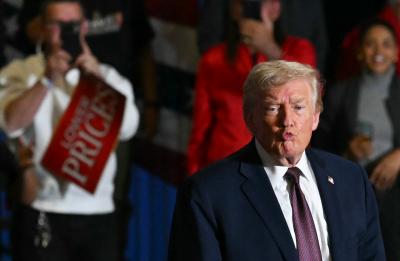Democratic presidential candidate Kamala Harris faces a major challenge in mobilizing Black male voters in key states, prompting her to seek the help of former President Barack Obama, the first African American to reach the White House in 2008.
The U.S. election, scheduled for November 5, is shaping up to be one of the most contested in the country’s history. National polls show a shrinking gap between Harris and Republican candidate Donald Trump, with the vice president holding only a three-point lead, according to a Reuters-Ipsos poll conducted late last week, with a four-point margin of error. The two candidates are vying for key battleground states such as Arizona, Georgia, Michigan, Pennsylvania, Wisconsin, Nevada, North Carolina, and Minnesota, highlighting the importance of every vote in these strategic regions. Both Harris and Trump are focusing their efforts on persuading undecided voters in these pivotal states.
Unlike Black women, an increasing number of Black men and Latino Americans are supporting Trump, a trend more pronounced than in the 2016 and 2020 elections. Without strong turnout from Black voters, Harris’s chances of victory diminish significantly. A poll conducted by The New York Times in collaboration with Siena College last week shows the former Republican president leading Harris among Black male voters, with 51% supporting Trump and 40% backing the Democrat.
A survey conducted in September by the National Association for the Advancement of Colored People (NAACP), the largest civil rights organization in the U.S., reveals that a quarter of young Black men plan to support Trump in the upcoming election. In contrast, Joe Biden secured around 80% of the Black male vote during the 2020 election.
This situation has deeply concerned Harris’s campaign strategists and the Democratic Party at large. This is what prompted Obama to step in and participate in a rally in Pittsburgh, Pennsylvania, a critical battleground state. Speaking directly to Black men, the former president gave a candid speech: “You come up with all kinds of reasons and excuses, and that troubles me… because it makes me think — speaking directly to the men — (…) Maybe you’re not comfortable with the idea of a woman president.”
Obama had already declared at the Democratic National Convention in Chicago last August that Harris was the political heir to the path he paved in 2008. The two leaders have frequently supported each other throughout their political careers. Harris was one of the first to endorse Obama over Hillary Clinton during the 2007 Democratic primaries. In return, Obama backed Harris’s bid for California Attorney General in 2010, calling her a “dear friend.”
In addition to Obama’s efforts — potentially joined by former President Bill Clinton — Harris quickly unveiled new proposals aimed at Black men, including expanded access to small business loans with potential exemptions, and reforms on the legalization of recreational marijuana use.
Black men are increasingly frustrated by rising inflation and the lingering effects of the Covid-19 pandemic, as the economy struggles to recover. Meanwhile, Trump continues to deliver flattering messages to Black voters, claiming that he has “done more for Black Americans than any president since Abraham Lincoln,” citing millions lifted out of poverty and increased Black homeownership. He adds: “Joe Biden, the fraud, hasn’t done anything for you, except talk.”
In addition to the alienation of Black male voters, Harris also faces the loss of support from Arab American and Muslim voters, disillusioned by Biden’s unwavering support for Israel in its conflict with Gaza and Lebanon. These voters, who played a key role in Biden’s 2020 victory, now say they will vote for neither Biden nor Trump, opting instead for Jill Stein, the Green Party candidate. However, this shift could tip the scales in Trump’s favor in this highly competitive election.
Please post your comments on:
[email protected]
 Politics
Politics













